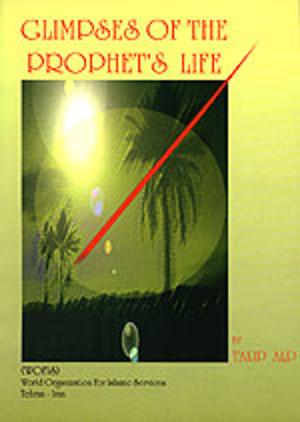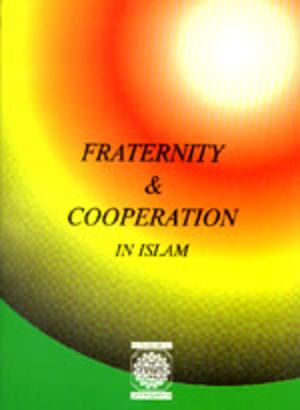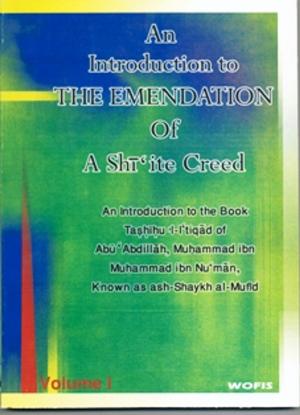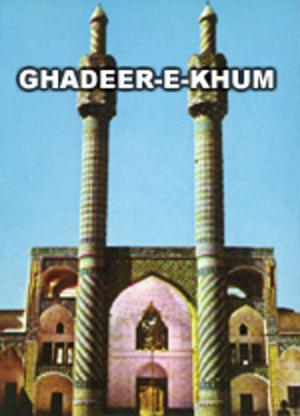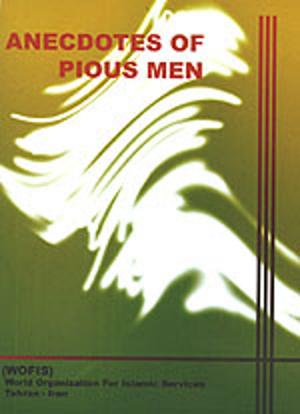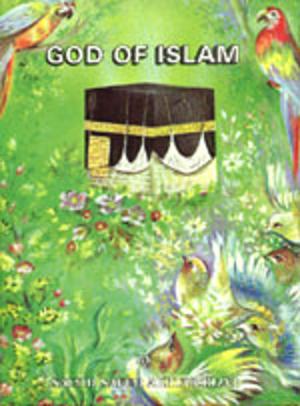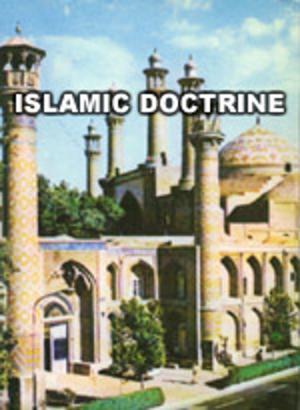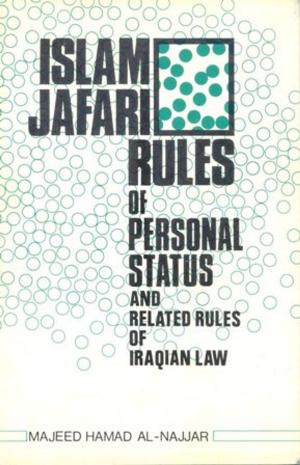| Author: | meisam mahfouzi, WORLD ORGANIZATION FOR ISLAMIC SERVICES | ISBN: | 1230001639988 |
| Publisher: | meisam mahfouzi | Publication: | April 16, 2017 |
| Imprint: | Language: | English |
| Author: | meisam mahfouzi, WORLD ORGANIZATION FOR ISLAMIC SERVICES |
| ISBN: | 1230001639988 |
| Publisher: | meisam mahfouzi |
| Publication: | April 16, 2017 |
| Imprint: | |
| Language: | English |
This book is a collection of summarized and general debates given in one of the universities by the esteemed and intellectual author on religious principles from the followers of the Ahlu'l-Bayt(p.b.u.t) or the followers of the twelve shiite Imams, and consists of a debate on these five religious principles: unity of God, justice, prophet-hood, the vicegerency (Imamat ) and the hereafter .
In the first principle, the author propounded the methods of theology and listed the attributes of elegance and grandeur. In the second principle, he emphasises especially on the principle of Justice: what meaning has Justice about God? Why do the shiites of the twelve Imams consider Justine as one of the religious foundations? What is the connection between Gods justice and being a free agent? In this manner we reach the problem of will power and choice which in the scientific field is not only a problem but in the field of religious and Islamic reasoning also. He engages on a discourse in this matter as to whether solutions have been made by the leaders of the prophets Ahlu'l-Bayt (p.b.u.t) to solve this problem which are rational, deep, decisive and are digestible and understandable for everyone.
Then he deals with the third principle or the prophet-hood ; how should we generally think about Gods prophet? How can we recognize the prophet, who was a human being just like any other human being and accept him in this position? Then in particular, on the prophet of Islam (p.b.u.h). where and how did his prophet-hood commence and what his story? The commons given on the first days of announcing his prophet-hood. what were his command on the last days of his life? From here, we are drawn to a debate an Immamat the fourth Principle, and reach this point, could it possibly be that the successor of Gods prophet (s.a.w), who was appointed by him and was his chosen one, be ascertained and appointed by someone other than him, and at the some time obeying this successor, just like the prophet (p.b.u.h), be announced compulsory.
Far from all the commotion and by trotting the original, true and decisive historical stories, did the honorable prophet choose a successor for himself? Who are of his household? What of their characteristics stated in the holy verses and the esteemed prophets ( s.a.w) narratives? What subjects were drawn to our attention by the decisive and undeniable verse of pureness and the tradition of the cloak? What are the general conditions and characteristics of an Imam? Did some one, other than Ali (p.b.u.h), have these characteristics?
Finally a discussion is brought forth about the practicing juries and the ordinary deputies of Imam ( p. b.u.h) . then, in conclusion a debate is stated on the last principle or, the hereafter, chastisement, and spiritual reward, with a short talk on the ten religious acts compulsory for a Muslim this valuable book comes to a close.
This book is a collection of summarized and general debates given in one of the universities by the esteemed and intellectual author on religious principles from the followers of the Ahlu'l-Bayt(p.b.u.t) or the followers of the twelve shiite Imams, and consists of a debate on these five religious principles: unity of God, justice, prophet-hood, the vicegerency (Imamat ) and the hereafter .
In the first principle, the author propounded the methods of theology and listed the attributes of elegance and grandeur. In the second principle, he emphasises especially on the principle of Justice: what meaning has Justice about God? Why do the shiites of the twelve Imams consider Justine as one of the religious foundations? What is the connection between Gods justice and being a free agent? In this manner we reach the problem of will power and choice which in the scientific field is not only a problem but in the field of religious and Islamic reasoning also. He engages on a discourse in this matter as to whether solutions have been made by the leaders of the prophets Ahlu'l-Bayt (p.b.u.t) to solve this problem which are rational, deep, decisive and are digestible and understandable for everyone.
Then he deals with the third principle or the prophet-hood ; how should we generally think about Gods prophet? How can we recognize the prophet, who was a human being just like any other human being and accept him in this position? Then in particular, on the prophet of Islam (p.b.u.h). where and how did his prophet-hood commence and what his story? The commons given on the first days of announcing his prophet-hood. what were his command on the last days of his life? From here, we are drawn to a debate an Immamat the fourth Principle, and reach this point, could it possibly be that the successor of Gods prophet (s.a.w), who was appointed by him and was his chosen one, be ascertained and appointed by someone other than him, and at the some time obeying this successor, just like the prophet (p.b.u.h), be announced compulsory.
Far from all the commotion and by trotting the original, true and decisive historical stories, did the honorable prophet choose a successor for himself? Who are of his household? What of their characteristics stated in the holy verses and the esteemed prophets ( s.a.w) narratives? What subjects were drawn to our attention by the decisive and undeniable verse of pureness and the tradition of the cloak? What are the general conditions and characteristics of an Imam? Did some one, other than Ali (p.b.u.h), have these characteristics?
Finally a discussion is brought forth about the practicing juries and the ordinary deputies of Imam ( p. b.u.h) . then, in conclusion a debate is stated on the last principle or, the hereafter, chastisement, and spiritual reward, with a short talk on the ten religious acts compulsory for a Muslim this valuable book comes to a close.

